You’ve reached your limit!
To continue enjoying Utility Week Innovate, brought to you in association with Utility Week Live or gain unlimited Utility Week site access choose the option that applies to you below:
Register to access Utility Week Innovate
- Get the latest insight on frontline business challenges
- Receive specialist sector newsletters to keep you informed
- Access our Utility Week Innovate content for free
- Join us in bringing collaborative innovation to life at Utility Week Live

Isle Utilities’ head of Trial Reservoir, Dr Jo Burgess, discusses the trap of staying in a comfort zone, swimming against a tide of red tape, and the cultural issues stifling innovation.
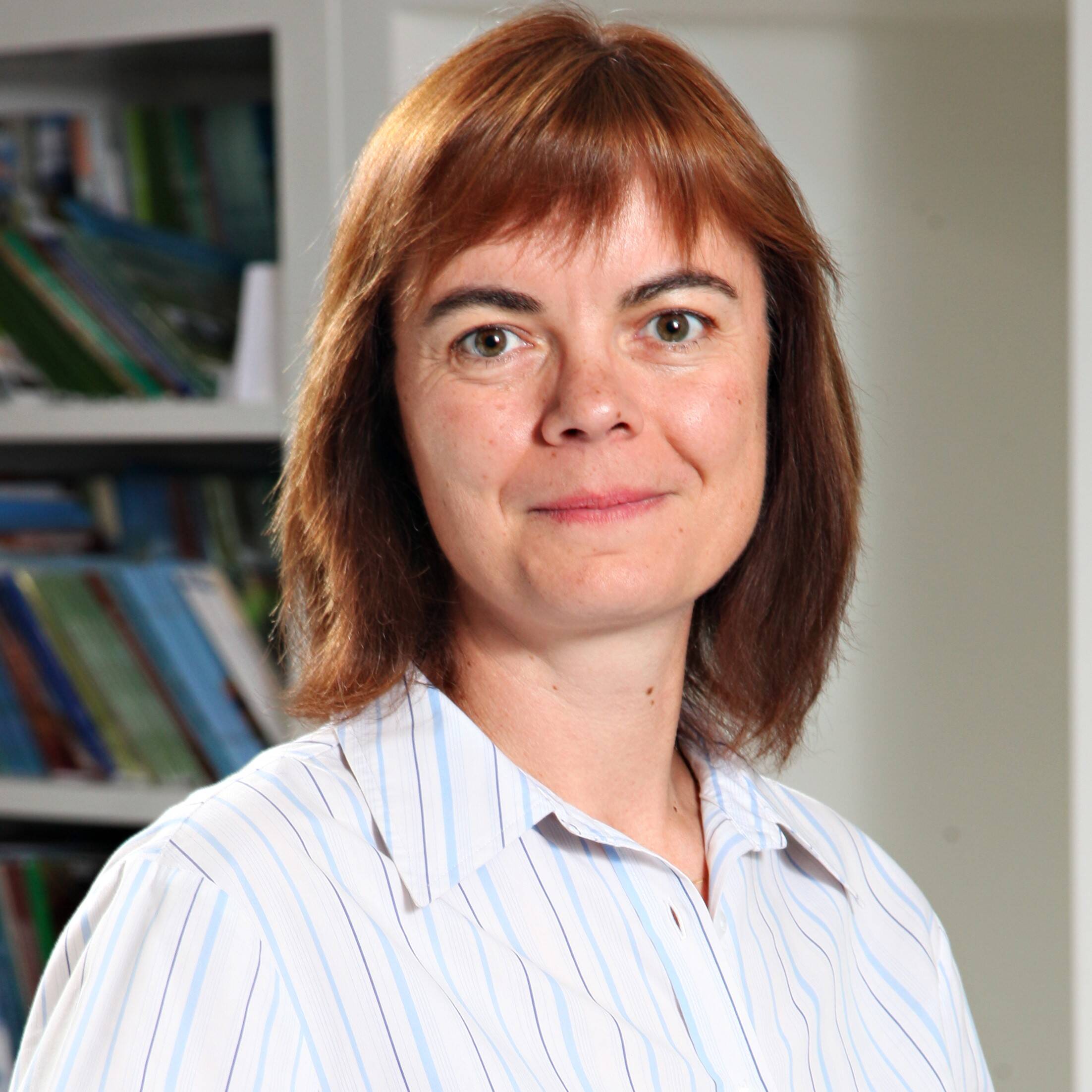 What was your first job in the utilities sector?
What was your first job in the utilities sector?
Well, I’ve never actually worked full time in the water industry as a water utility employee. My first exposure to working with or for a water company was Yorkshire Water – I did my PhD at Cranfield University and they sponsored my project. I had a pilot plant on site at Huddersfield wastewater treatment works.
What has been your career highlight thus far?
Can I have more than one? I think my first project for Yorkshire Water was a massive highlight. It taught me the research for implementation could actually change the world, and I’ve been hooked on that ever since.
I also started Young Water Professionals in southern Africa, beginning with four people and 500 Rands – about £25. Now there are about 10,000 young professionals in the region.
Then, most recently, the Trial Reservoir at Isle – hands down the most exciting, and probably the most important, thing I’ve done so far.
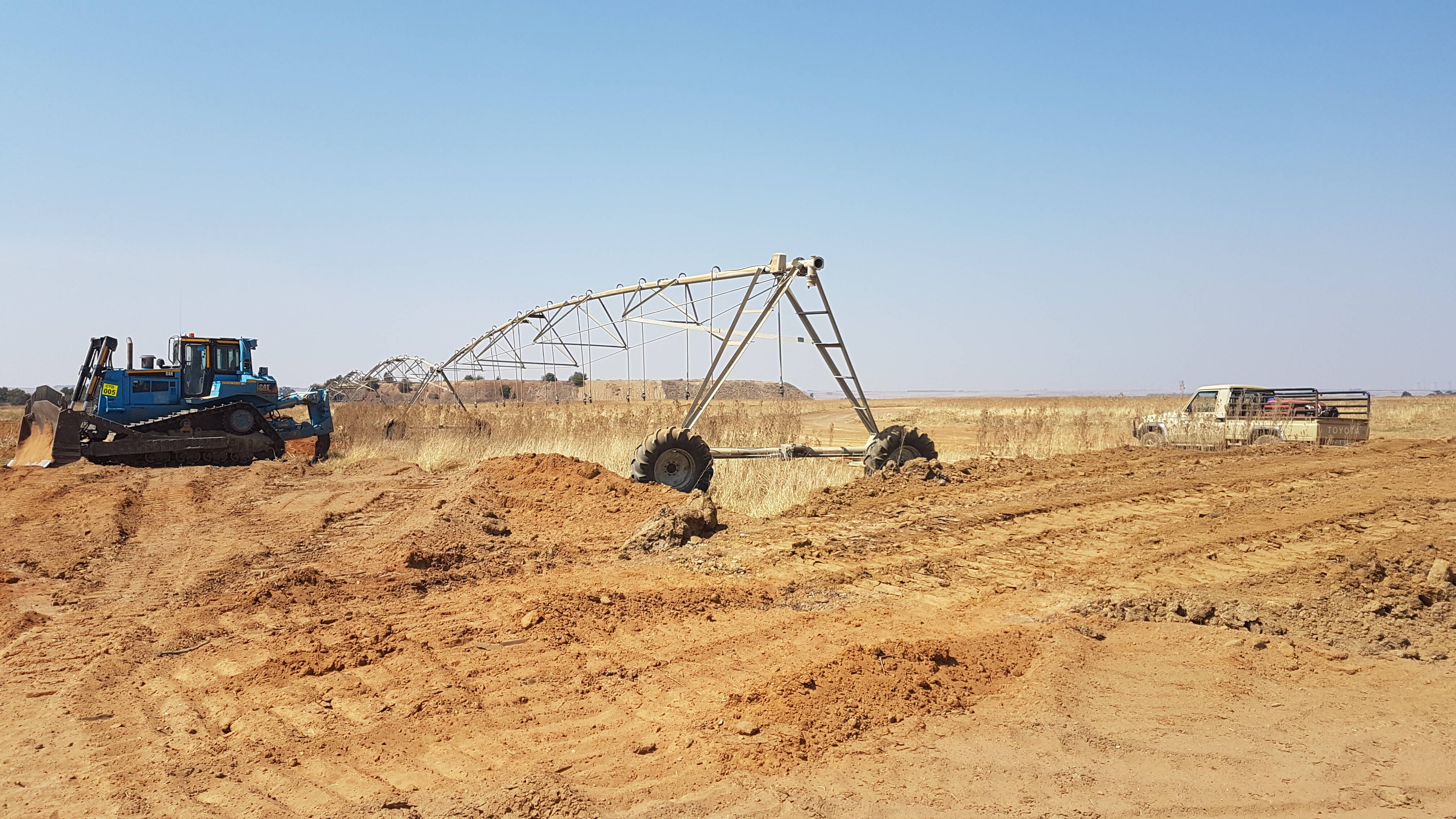
What is the biggest challenge you’ve faced during your time in utilities?
The biggest challenge has got to be compliance. It’s so difficult to do the right thing when you’re swimming against a tide of red tape which is intended to stop people from doing the wrong thing but actually all it does is cripple the people that have got the idea and aim at heart.

- Resilience, reliability and collaborative transformation to adopt technology and innovation are among the key themes at the Utility Week Forum, which will take place in London on 8-9 November. Find out more here.
How would you describe your creative process in three words?
Slow, then fast. It takes me a while to figure out what I’m doing, but then when it picks up speed it’s fantastic.
What’s the strangest place that working in the utilities sector has taken you?
 That depends what you mean by strange. I’ve spent 20 years working in Africa, so some of those situations would probably seem strange to the British reader. I’ve been to very remote water and waste water treatment works – places where the donkeys will come onto site and turn the outdoor tap on when they want to have a drink.
That depends what you mean by strange. I’ve spent 20 years working in Africa, so some of those situations would probably seem strange to the British reader. I’ve been to very remote water and waste water treatment works – places where the donkeys will come onto site and turn the outdoor tap on when they want to have a drink.
What’s the best piece of advice you’ve been given?
Do something that frightens you once a year. Move countries, apply for promotion, or if it’s nothing career oriented then, I don’t know, bungee jump – but stay out of your comfort zone because it’s a trap.
What do you think is the key to creating the conditions for innovation within the utilities sector?
A culture shift! All the things we think are stifling innovation boil down to cultural issues. Not enough funding for innovation? Well, that’s because we didn’t prioritise it enough to allocate funding – that’s a cultural issue. Not enough time to consider innovating during our projects? Well, that’s because we didn’t provide enough time to think about innovation, we didn’t see it as important enough – that’s a culture issue.
Which other industry do you feel that utilities can learn most from when creating the conditions for innovation?
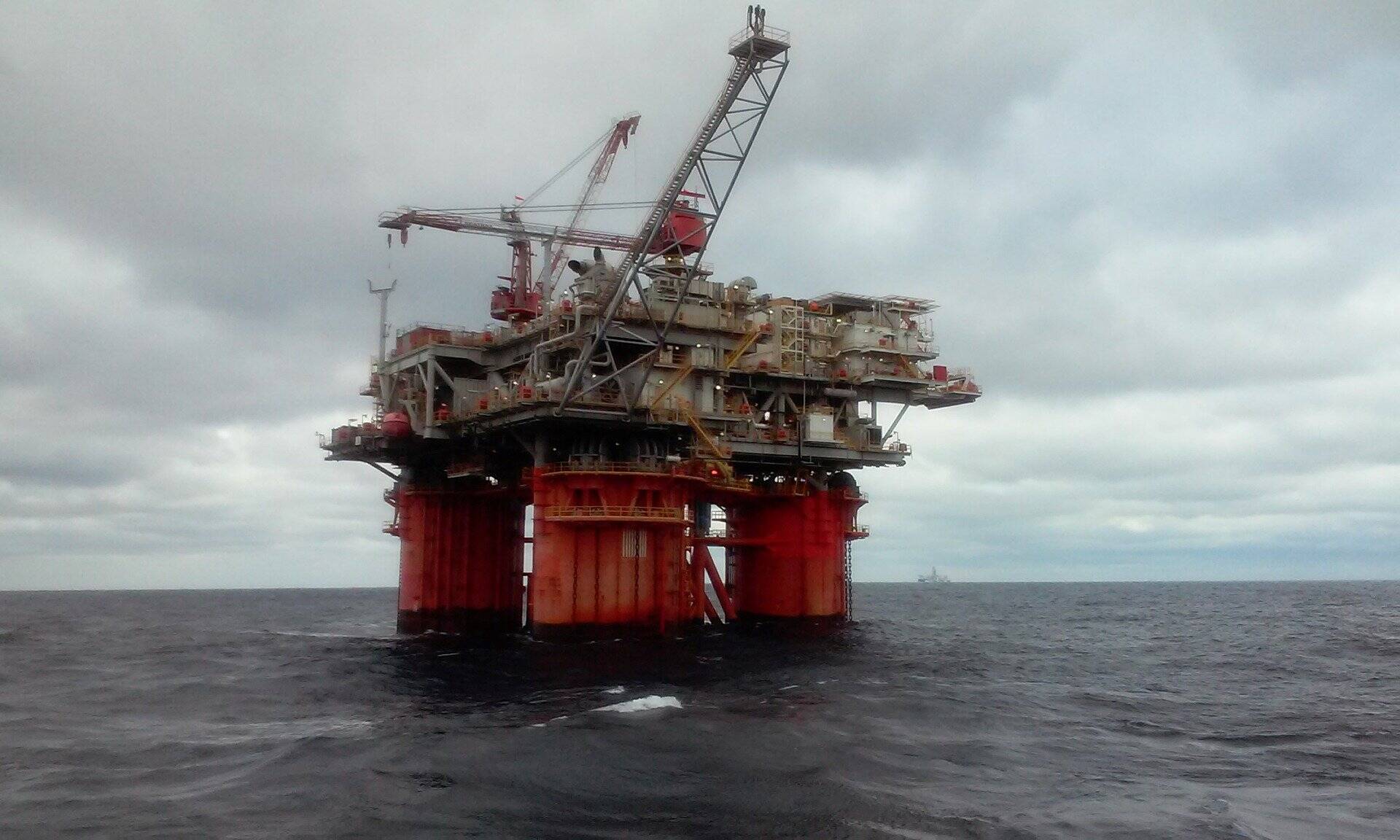 You could pick any industry where the product is worth more than water. Oil and gas, for example, can teach us a lot of lessons about pipe condition assessment and maintenance because they’ve spent a fortune keeping much more valuable products inside pipes than we have with water.
You could pick any industry where the product is worth more than water. Oil and gas, for example, can teach us a lot of lessons about pipe condition assessment and maintenance because they’ve spent a fortune keeping much more valuable products inside pipes than we have with water.
Is there a standout innovation or collaboration project that you’ve worked on during your time in utilities – what made it special?
I couldn’t really pick one – I’ve been fortunate to work on north of 100 different projects during my time in in the water sector.
If I was forced to pick one, it would be a collaborative project with the mining industry, the water industry, and both local and national government to work out a set of wetland protection guidelines to prevent damage from mining. Knowing that I’d worked on something that will protect wetlands in mining areas hopefully long into the future is very satisfying.
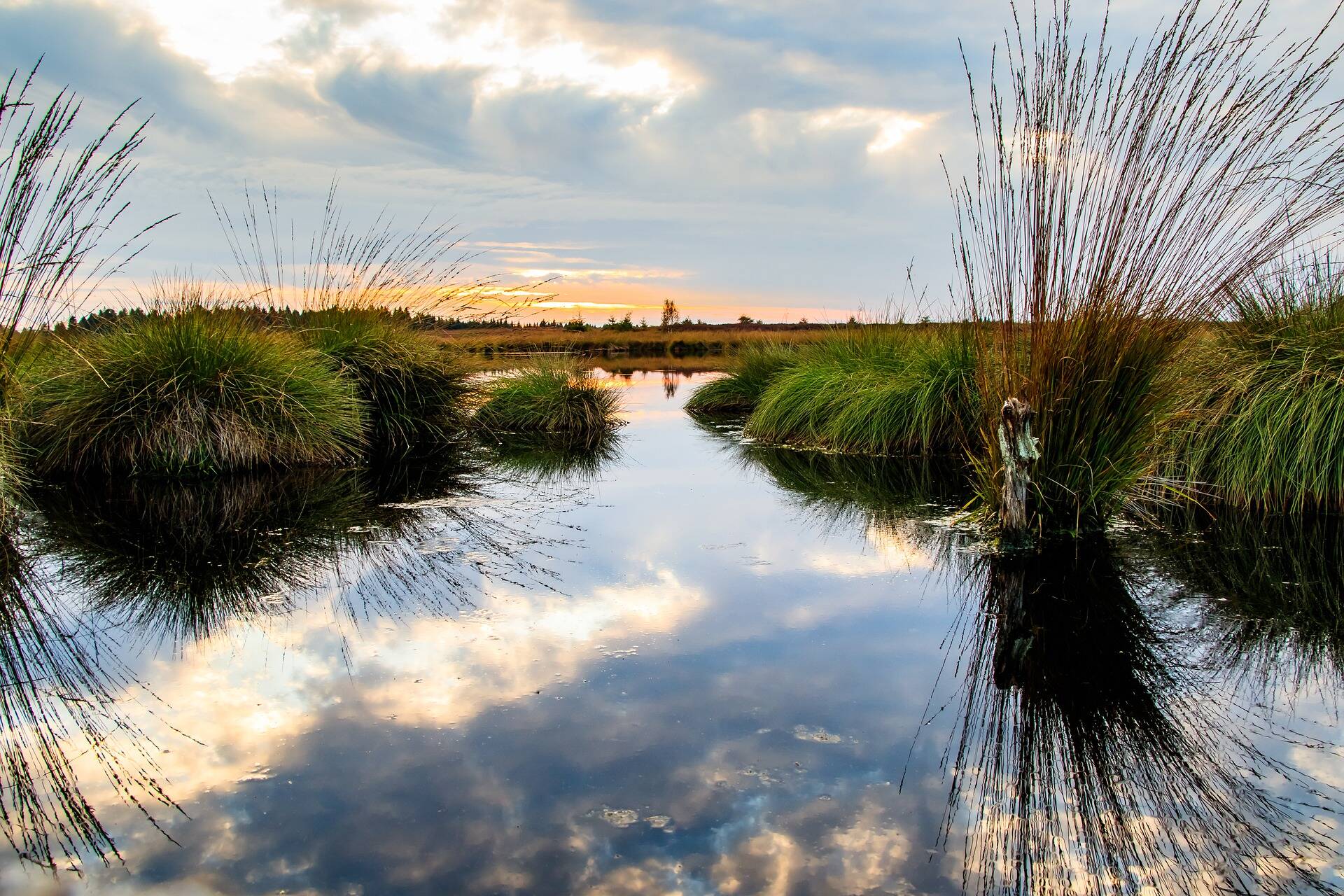
What excites you most about the next 10 years in the utilities sector – any trends, tech or specific innovations?
The thing that excites me the most is how viewpoints that would have been considered ‘hippyish’ or an environmental activist’s stance a few years ago are becoming much more mainstream. The change is happening way too slowly, but everybody is aware of climate change, the effects of climate change, the catastrophic new weather patterns we’re seeing. I hope humanity as a whole is moving towards consensus that we can’t carry on doing nothing.
What is the change you’d most like to see within the utilities industry?
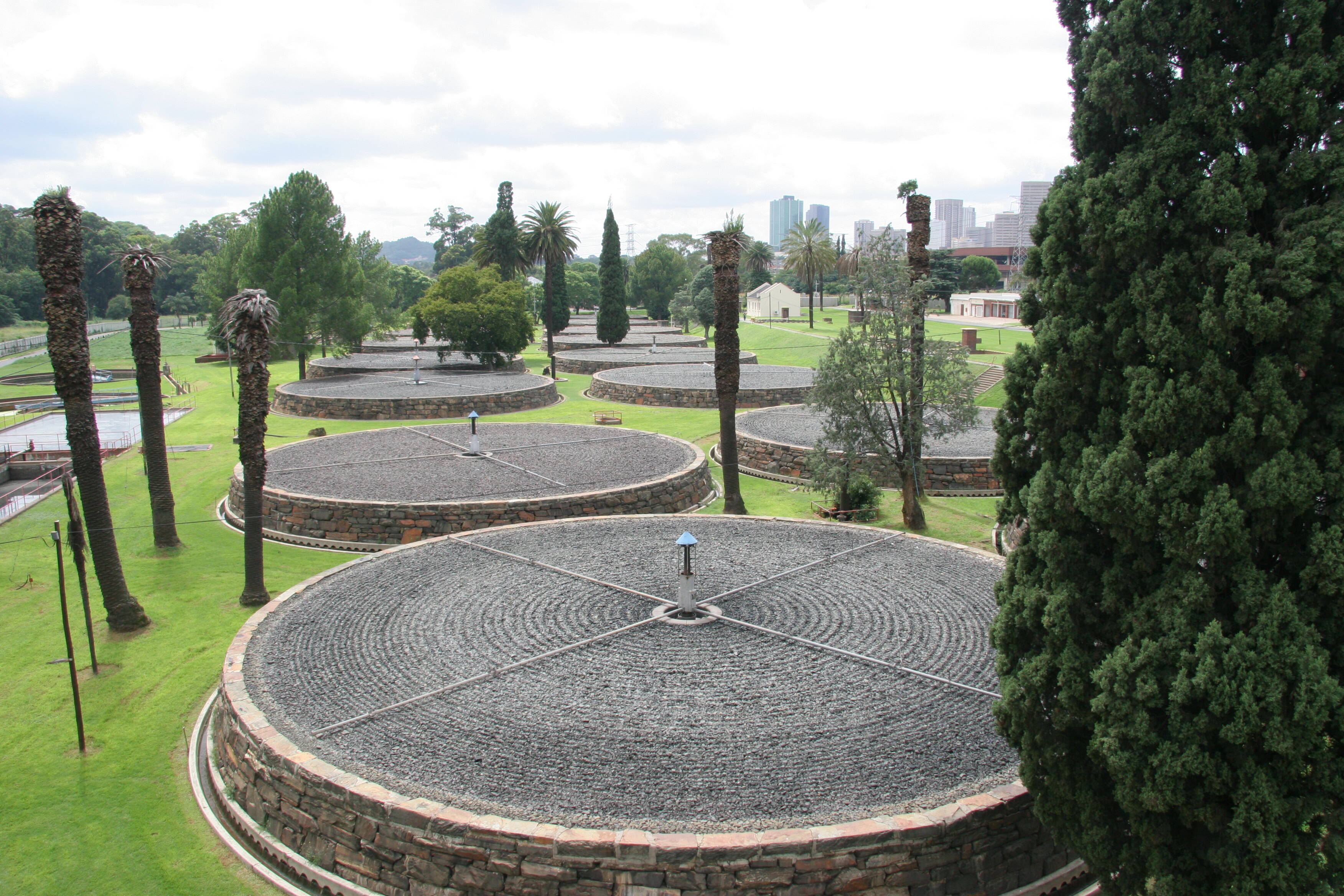 I want to see new mindsets! I want to see the willingness to change policies if the policies defeat the purpose of activity being done. I want to see an openness to doing something a different way, even in a compliance heavy organisation. I’m frustrated by people hiding behind policy when their own organisation wrote the policies and those people could change them, if they wanted to.
I want to see new mindsets! I want to see the willingness to change policies if the policies defeat the purpose of activity being done. I want to see an openness to doing something a different way, even in a compliance heavy organisation. I’m frustrated by people hiding behind policy when their own organisation wrote the policies and those people could change them, if they wanted to.
What do you think is the biggest challenge facing the utilities sector at present?
Our biggest challenge is inertia of opinion – what’s been good enough before is no longer good enough. We didn’t come out of the Stone Age because we ran out of stones, it’s human nature to find better ways of doing things. Industry is accepting that change is not only inevitable, but it’s good.
Which issues or opportunities within the industry don’t you feel get enough airtime?
I think we give too much airtime to why it’s so hard to do things rather than what we could be doing instead.
Turning best practice into common practice is extremely difficult – it’s common to find articles, features, documentaries about a single example of something amazing and unusual, it’s much harder to find examples of that something amazing becoming mainstream, turning into what everybody does all the time.
I think rolling out best practice across businesses and industries is something that is not very glamorous but needs more exposure, and the people that have succeeded to turn something exciting into something now quite mundane should be celebrated much more than they are.
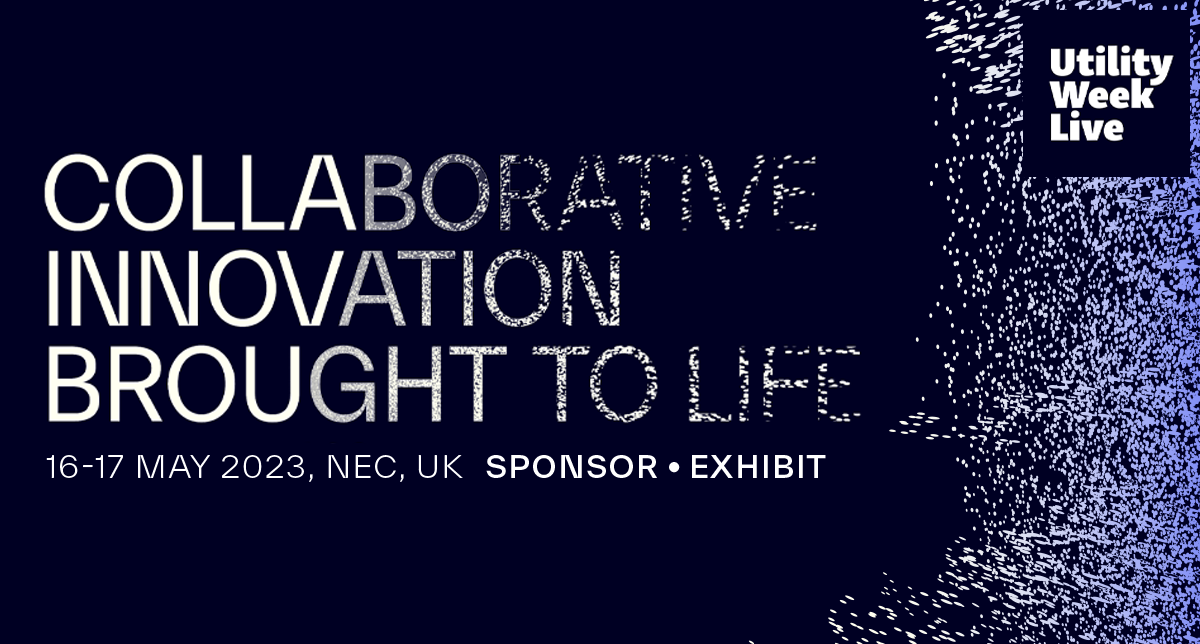 Utility Week Innovate, in collaboration with Utility Week Live aims to discover and promote innovative approaches to tackle front line business challenges through case studies, technical/project studies, networking, and live content. Be recognised as a key solution provider and meet your target audience face-to-face at UWL23. Find out more about exhibiting
Utility Week Innovate, in collaboration with Utility Week Live aims to discover and promote innovative approaches to tackle front line business challenges through case studies, technical/project studies, networking, and live content. Be recognised as a key solution provider and meet your target audience face-to-face at UWL23. Find out more about exhibiting
Please login or Register to leave a comment.